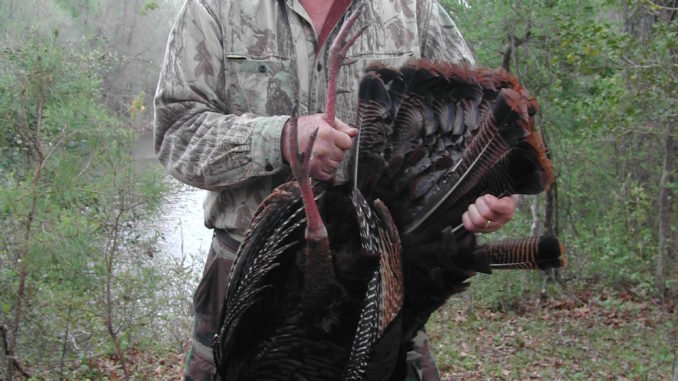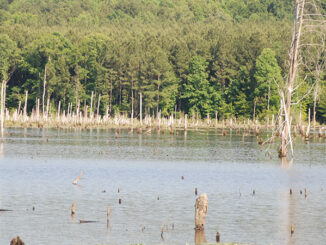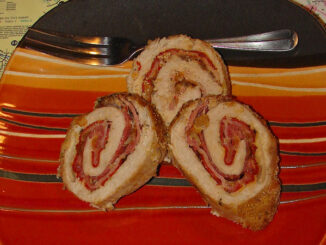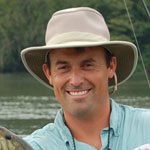
It has been said, and often, that a turkey would be nearly impossible to kill if its sense of smell was sharp as its keen eyesight and extra-sensory hearing.
And when Mother Nature brings wind, rain and unseasonable weather conditions to spring turkey season, hunters need to turn a page to a new chapter in their playbook to tag a tom.
Plenty of hunters will punt on nasty weather days because they can’t clearly hear turkeys — or they don’t want to get soaked from head to toe. But windy, rainy weather somewhat masks a turkey’s most-valuable weapons: its senses. Turkeys can be vulnerable under the worst conditions and potentially susceptible to predation.
Rain or shine, die-hard turkey hunter R.J. Seiler of Stokesdale, N.C., will be ready long before daylight on April 14, opening day of turkey season in the Tarheel State. He knows that while hunters yearn for nice days to do battle with old gobblers, a long-bearded bird might step out in an unexpected place when the weather doesn’t cooperate.
“I concentrate on fields during rainy/windy days,” Seiler said. “Turkeys always come to fields just before, during and after a rain event.”
On rainy, windy days, turkeys compensate for their impaired hearing and vision by increasing their distance from both aerial and brushy cover. An open field or pasture is one of the best places for turkeys to keep a careful watch of their surroundings.
“Turkeys need the extra space to pick up on quiet, approaching predators,” Seiler said.
Early in the season, turkeys are typically gathered in groups, with the exception of gobblers, who are on the hunt for available hens. That’s why a flock of decoys can be a deadly technique during unfavorable weather.
“I spend a lot of time in a ground blind with decoys out in fields,” he said.
Both hens and gobblers can be attracted to a flock during the spring for different reasons. But when an old longbeard breaches the woodline and sees his flock of hens riding out the storm in the company of other males (decoys), his guard will fall, and her may get to taste a copper-plated lead sandwich.





Be the first to comment